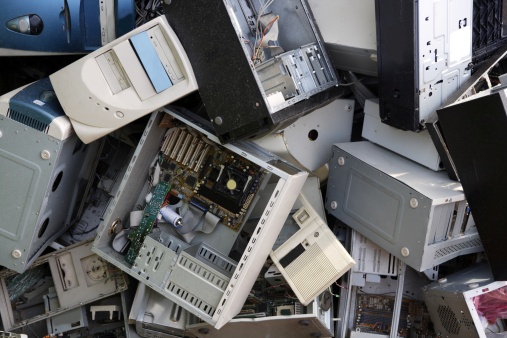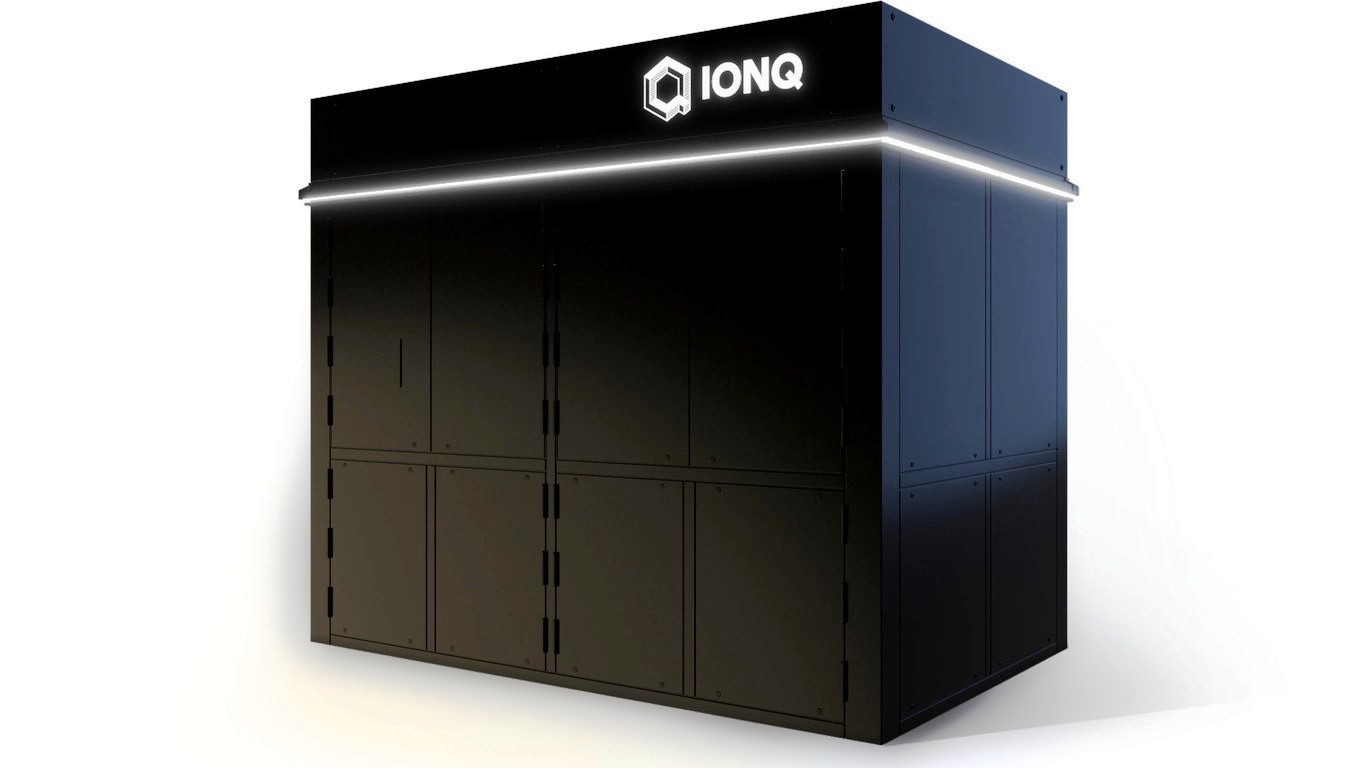Both Hewlett-Packard Co. (NYSE: HPQ) and International Business Machines Corp. (NYSE: IBM) look relatively cheap compared to the market, but a key analyst call from Credit Suisse sees stark differences about in what directions they might be headed. Credit Suisse’s Kulbinder Garcha looked at the fundamentals and stock perspectives of each company and arranged them into a scorecard.
To kick off the report, Hewlett-Packard was kept as Outperform, while IBM was kept as Underperform. In terms of the 10-point scorecard, Credit Suisse rated HP a 9/10 and was rated IBM 1/10. Considering Credit Suisse’s selected metrics, 9/10 suggest that HP could rise. The firm sees upside of 42% for HP to its $45 price target, and in IBM downside of 25% to its $125 price target. The long and short of the matter is that Credit Suisse remains the most negative on IBM of all other published analyst reports.
As for IBM, Credit Suisse sees its guidance as a stretch and that its free cash flow (FCF) is unlikely to recover. For guidance to be met, it would require a share inflection in software and services, and above seasonal levels of growth, which is a challenge considering the secular issues facing each business. The firm also noted in its report that the IBM restructuring was proving less effective. Finally Credit Suisse said that it sees FCF falling from $13 billion to $11 billion, which would drive down capacity for capital returns to rise.
ALSO READ: 4 Merrill Lynch High Quality and Dividend Yield Stocks to Buy Now
The brokerage firm’s analysis highlights that HP could outperform for multiple reasons:
First, we see HP earnings per share as more predictable, and we see scope for upside to $3.76/$3.84 in FY16/17 estimates given the significant levels of efficiency being driven by three simultaneous restructuring programs at the group level. Second, we see HP’s free cash flow rising from $3.6 billion this year to over $7 billion long term, driven by gradually falling cash restructuring separation outlays. Third, our proprietary split analysis of FCF suggests that post splits HP could raise cash distribution to over 20% of current capitalization, from 11%, over the next three years. In fact at current levels HP Inc’s implied market capitalization could be yielding close to 40% through capital distributions, which we find attractive.
The one area of optionality on Credit Suisse’s scorecard where IBM beats HP is the scope of transformational M&A. This would involve the company cutting its cash distribution and moving away from Ginny Rometty’s valuation discipline.
Shares of HP closed Tuesday down 0.2%, at $31.65, in a 52-week trading range of $31.00 to $41.10. The stock has a consensus analyst price target of $40.65.
Big Blue shares closed Tuesday up 0.4% to $166.84, in a 52-week range of $149.52 to $196.40. The consensus analyst price target is $160.74.
ALSO READ: 10 Stocks to Own for the Next Decade
Thank you for reading! Have some feedback for us?
Contact the 24/7 Wall St. editorial team.





